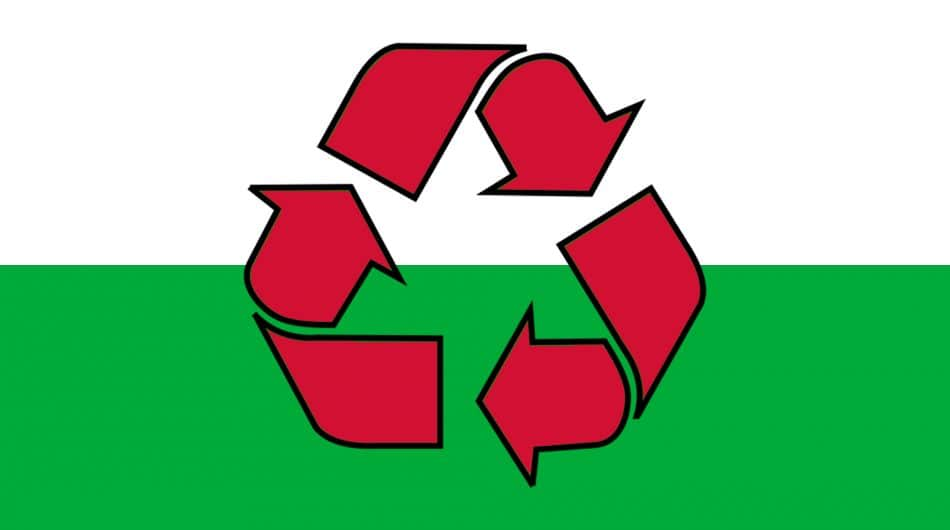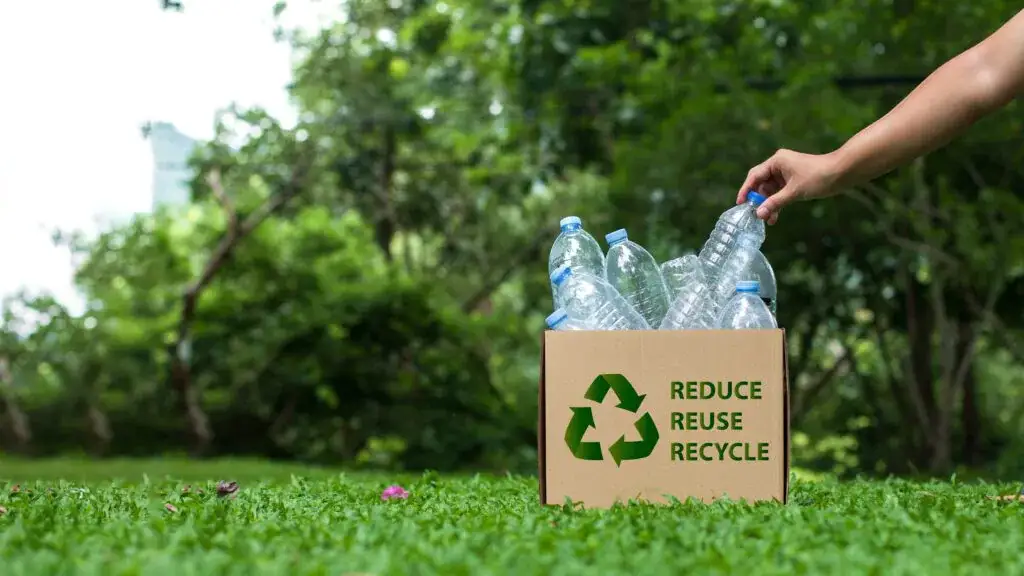Recycling in Wales – Doing Our Part for a Greener Nation
Wales is leading the way — and we’re proud to be part of it.

Wales: A Global Leader in Recycling
Wales is ranked second in the world for recycling rates, a remarkable achievement for a small nation with a big commitment to sustainability. The country takes recycling seriously — not as a trend, but as a way of life. From households to businesses, everyone is expected to play their part in reducing waste and protecting the stunning Welsh landscapes we all enjoy. As a guest here, you’re an important part of that effort.

How to Prepare & Sort Recycling in Wales
Wales operates a strict, separated recycling system. This means items are not all thrown into one bin; they are carefully sorted into different categories. To help you recycle correctly during your stay:
1. Pre-Cleaning Your Recycling
-
Rinse food and drink containers — tins, cans, bottles, and plastic tubs should be emptied and given a quick rinse to remove residue.
-
No need to scrub perfectly clean — just make sure there’s no leftover food or drink to avoid contamination.
-
Remove lids when possible — plastic bottle tops and jar lids should be removed and recycled separately.
2. Sorting Your Items
Most councils in Wales use colour-coded bags or boxes. The exact colours vary by local authority, but the categories are generally:
-
Paper & Cardboard — newspapers, magazines, cardboard boxes (flattened).
-
Plastic Containers — bottles, tubs, trays (no plastic film or bags unless specifically stated).
-
Metal Cans & Foil — drink cans, food tins, clean foil.
-
Glass — bottles and jars (separated by colour in some areas).
-
Food Waste — placed in a separate food caddy, lined with compostable bags.
-
Non-Recyclable Waste — items that cannot be recycled go into a separate bin for landfill.
A recycling guide will be provided at your rental, showing exactly where to place each type of item based on the local council’s rules.
History & Impact of Recycling in Wales
Wales’s recycling success didn’t happen overnight. In the early 2000s, the country’s recycling rate was just over 5% — among the lowest in Europe. Determined to change, the Welsh Government introduced progressive environmental policies and invested heavily in public awareness campaigns.
Key milestones include:
-
2001 – Introduction of statutory recycling targets for local authorities.
-
2010 – Launch of the Towards Zero Waste strategy, aiming for a zero-waste nation by 2050.
-
2013 – Most councils switched to separate kerbside collections, greatly improving material quality.
-
2020 – Wales achieved a recycling rate of 65.4%, surpassing EU targets.
-
2024 – Wales remains second in the world, just behind Germany, and is on track to meet its 70% recycling target by 2025.
The Benefits So Far:
-
Carbon Savings: Recycling in Wales prevents around 400,000 tonnes of CO₂ emissions annually — equivalent to taking over 200,000 cars off the road.
-
Job Creation: The recycling sector supports thousands of jobs, from collection crews to sorting facility staff.
-
Cleaner Communities: Recycling initiatives have reduced landfill waste by millions of tonnes, helping protect Welsh rivers, coastlines, and green spaces.
-
Global Recognition: Wales’s approach is studied by other countries seeking to improve their waste management systems.
Learn More About Recycling in Wales
For further details, you can visit:
